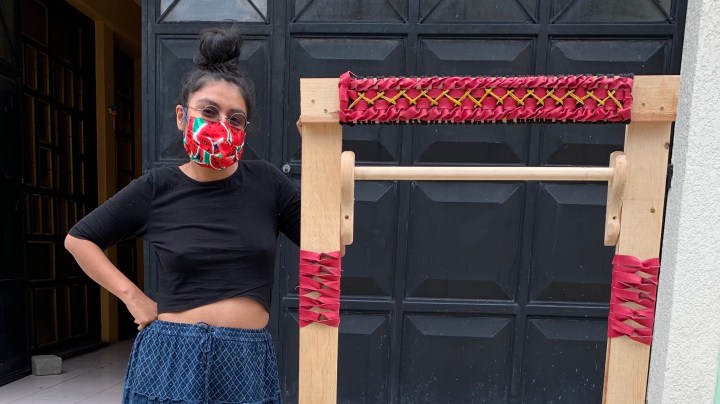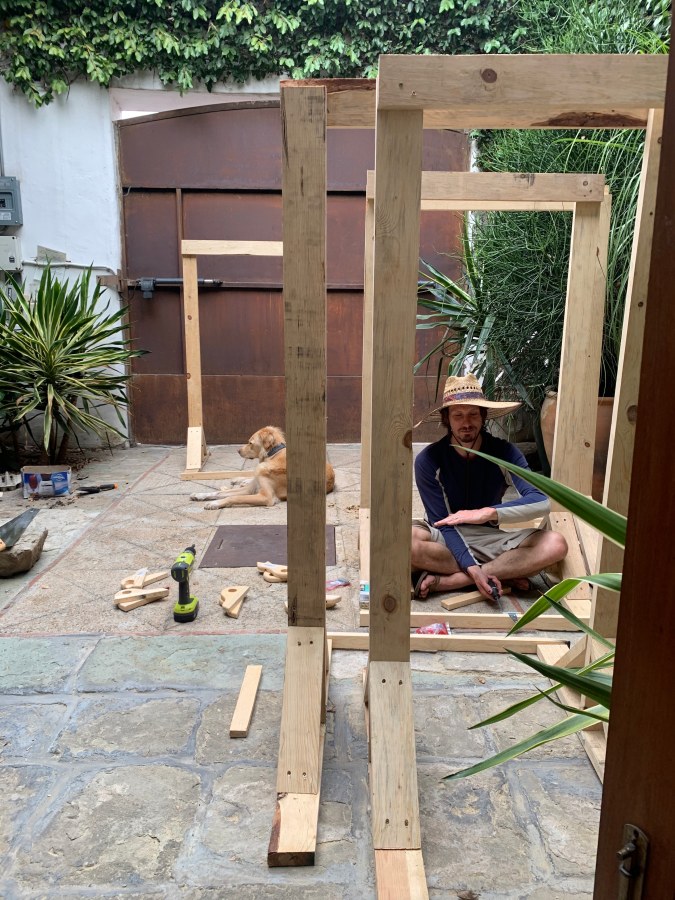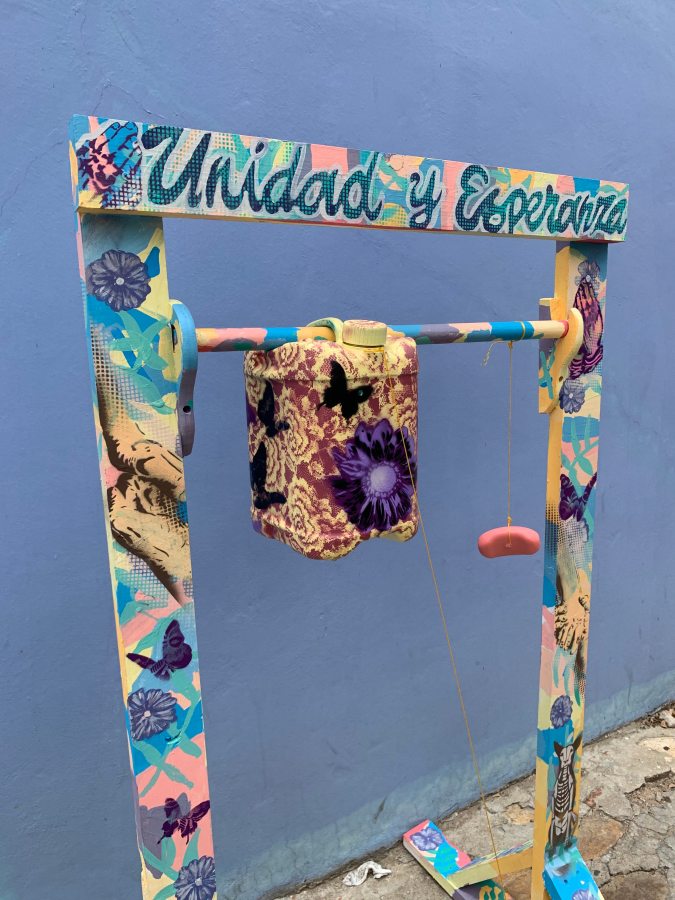How a Non-Profit in Oaxaca, MX Is Aiding & Empowering Vulnerable Communities

Courtesy of Cosa Buena.
In Mexico, the COVID-19 death toll is steadily on the rise and fast approaching 60,000. This number is nearly twice that of the government’s official tally of around 32,000 confirmed deaths. A lack of proactive measures by the government, as well as a shortage of tests and widespread poverty, has left many Mexican citizens vulnerable to the virus. Indigenous communities, which are three times as likely to live in extreme poverty and are more likely to negatively suffer from infectious diseases, are especially impacted.
An organization based in Oaxaca is helping to stop the spread of the coronavirus and aiding vulnerable communities with one simple initiative: handwashing stations.

“During the pandemic, we have been told repeatedly by experts that hand washing is one of the most important ways to protect yourself and others,” Vera Claire, the founder of Cosa Buena—a non-profit empowering Indigenous communities in Oaxaca to preserve their artistic traditions through social initiatives and cultural exchanges—tells Remezcla.
In response to the pandemic, Cosa Buena launched their social initiative, Manos Buenas, to provide rural communities with portable hands-free hand washing devices. As a result of rapid urbanization and the contamination of vital water sources, 30% of the population in Mexico currently does not have access to clean water. This water scarcity mainly affects rural areas and Indigenous communities, such as the communities in Oaxaca, with some neighborhoods lacking running water entirely.
“In some of these locations, we have reports of more than 3,000 people washing their hands per day with just one of our stations,” says Claire.
The portable stations, which carefully adhere to the Centers for Disease Control and Prevention (CDC) and World Health Organization (WHO) guidelines, can be made with locally-sourced materials at virtually no cost. A basic set requires some wooden planks or sticks, string, a bar of soap, and a large container for water, making it easily replicable. Cosa Buena works with community members, market administrators, neighbors and friends to maintain the stations across various locations, and to make sure containers are always filled with clean water.

After recognizing the negative effects COVID-19 has had on human connection, Cosa Buena started working with local artists to decorate the hand washing stations, as well—creating a space for social expression and harnessing healing through art. Thus far, the organization has worked with artists such as Karel Muñúzuri, Bouler, Yescka, Adriana Monterrubio and Dario Cánul. In addition to contributing artwork, artists also offer messages of solidarity and hope.
“It’s become a beautiful way to connect with our community and has also created space for local artists to reach out to community members. It’s another way for people to process and communicate what they’re feeling and what they hope for one another,” Claire says.
Access to clean water is a basic human right, yet it is afforded to very few. During a global pandemic that has taken the lives of many, Cosa Buena is offering vulnerable communities a way to protect themselves as well as their neighbors.